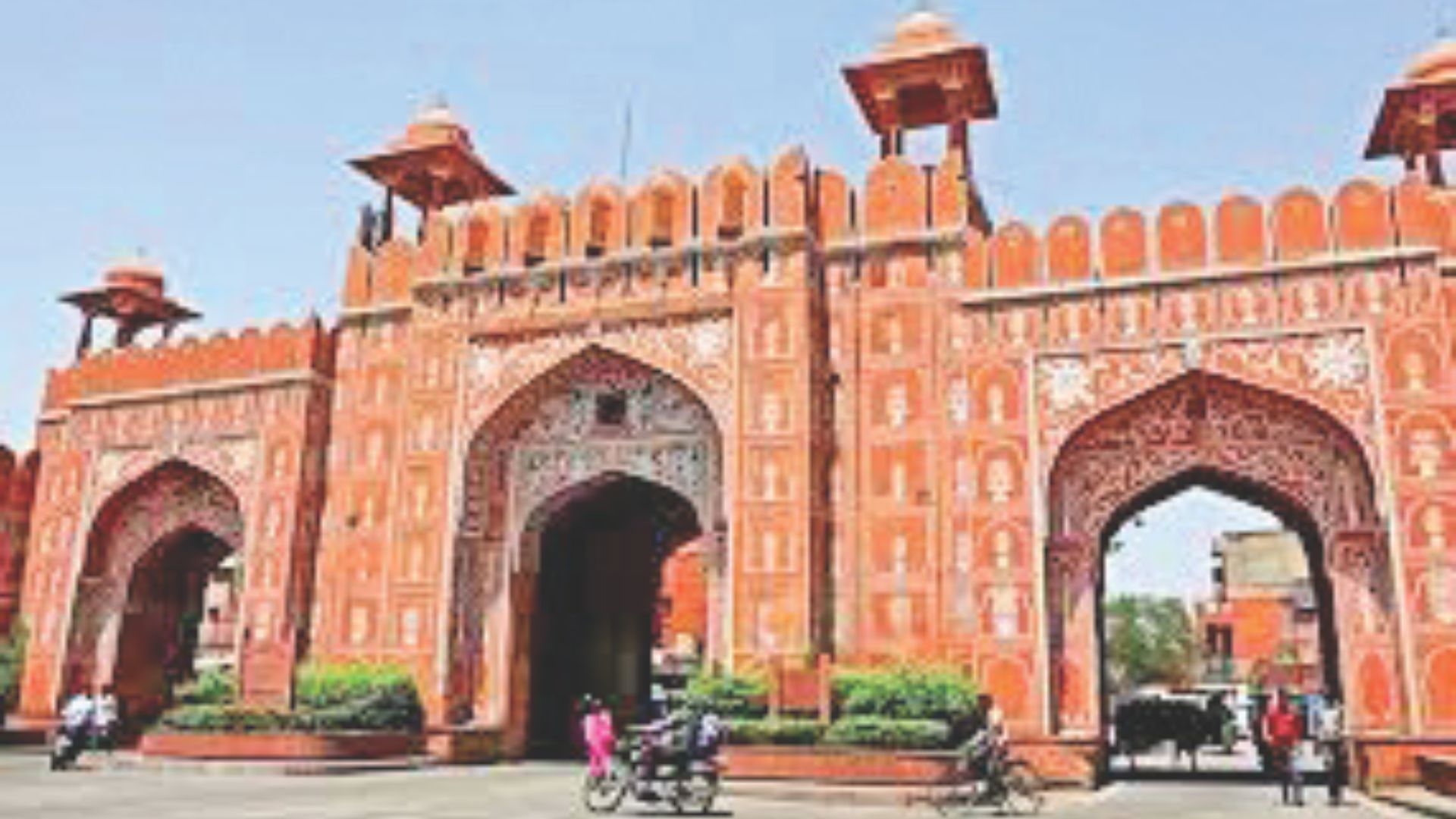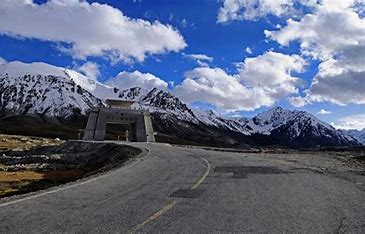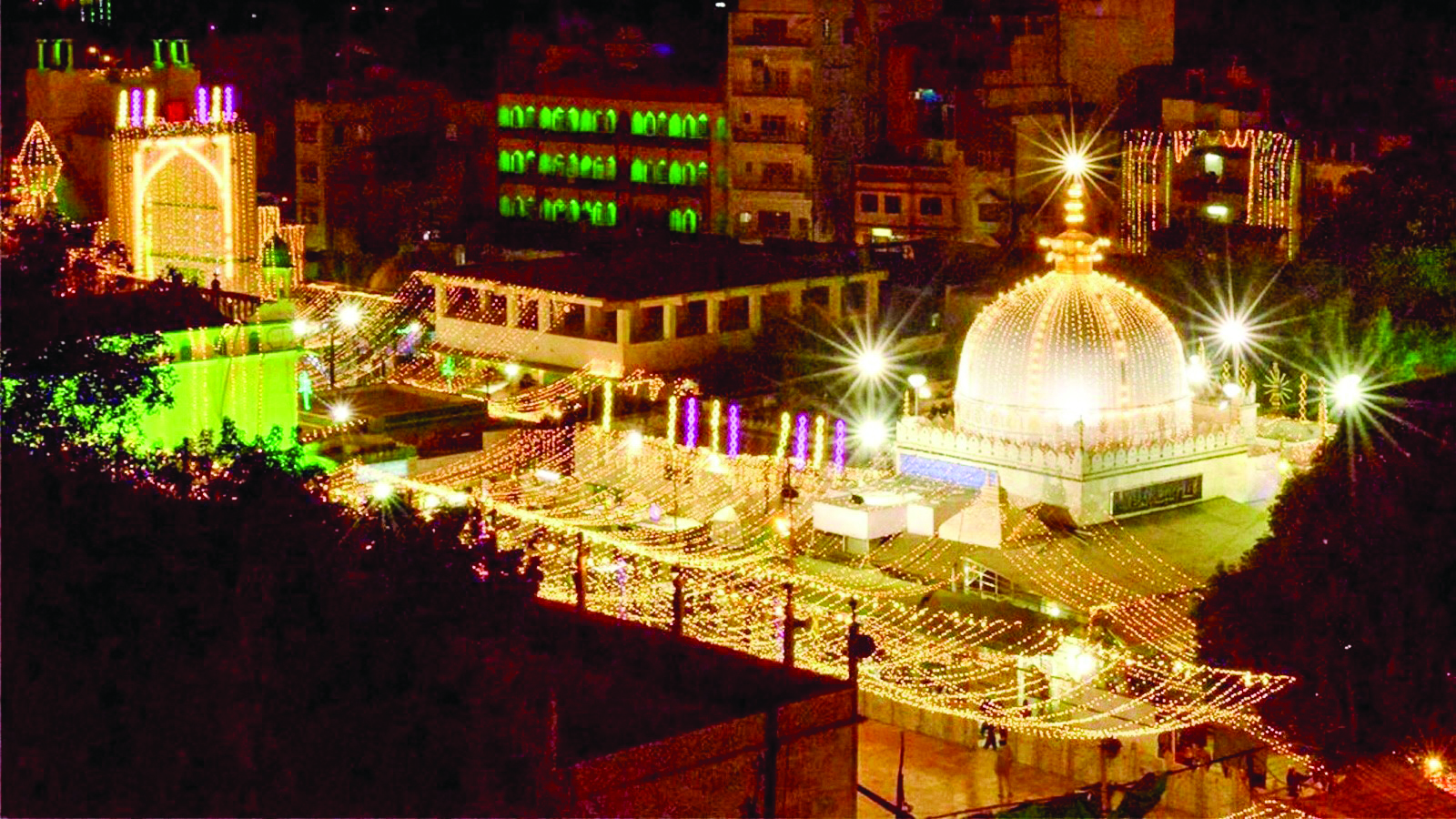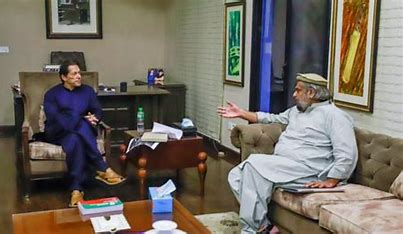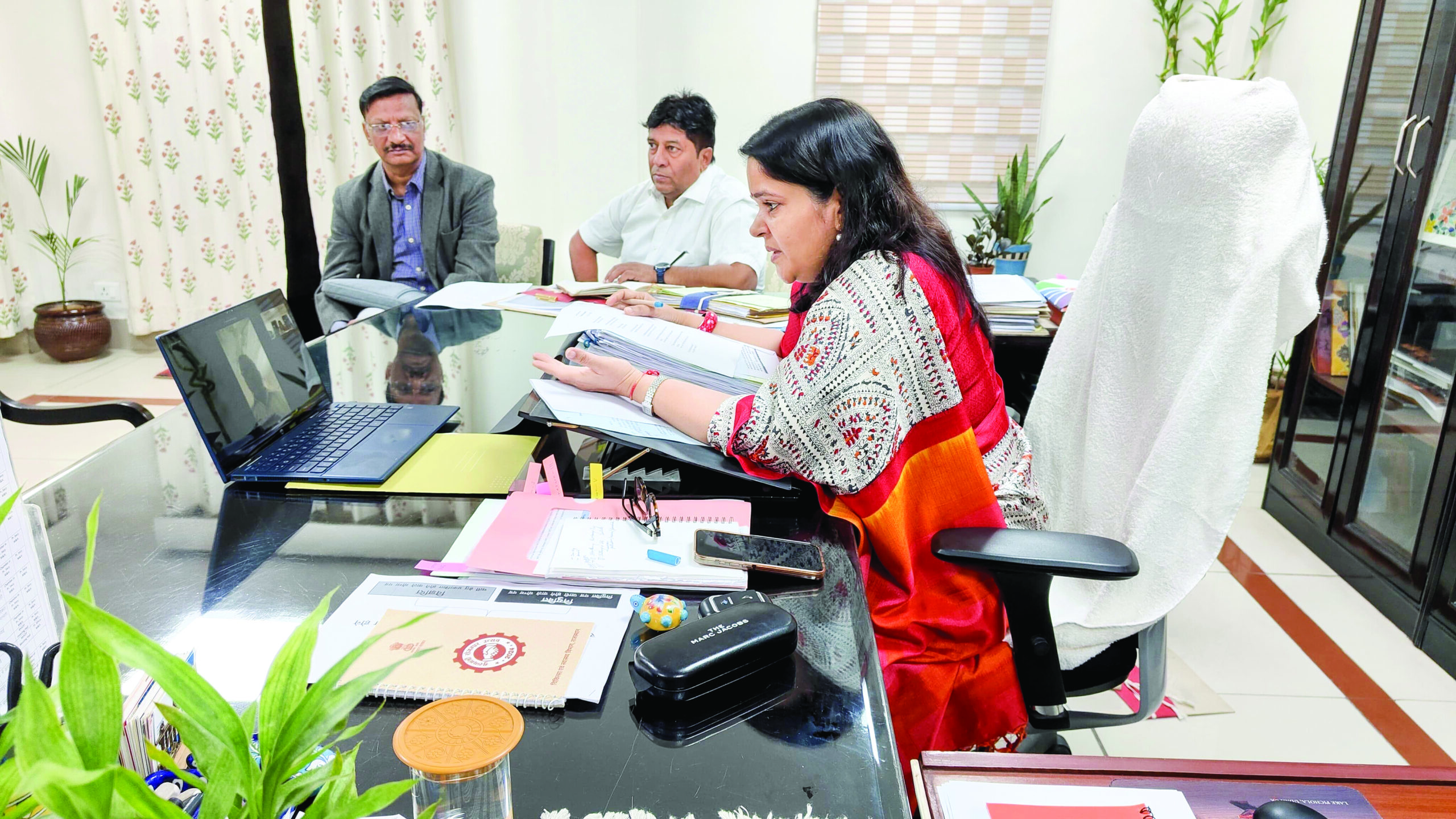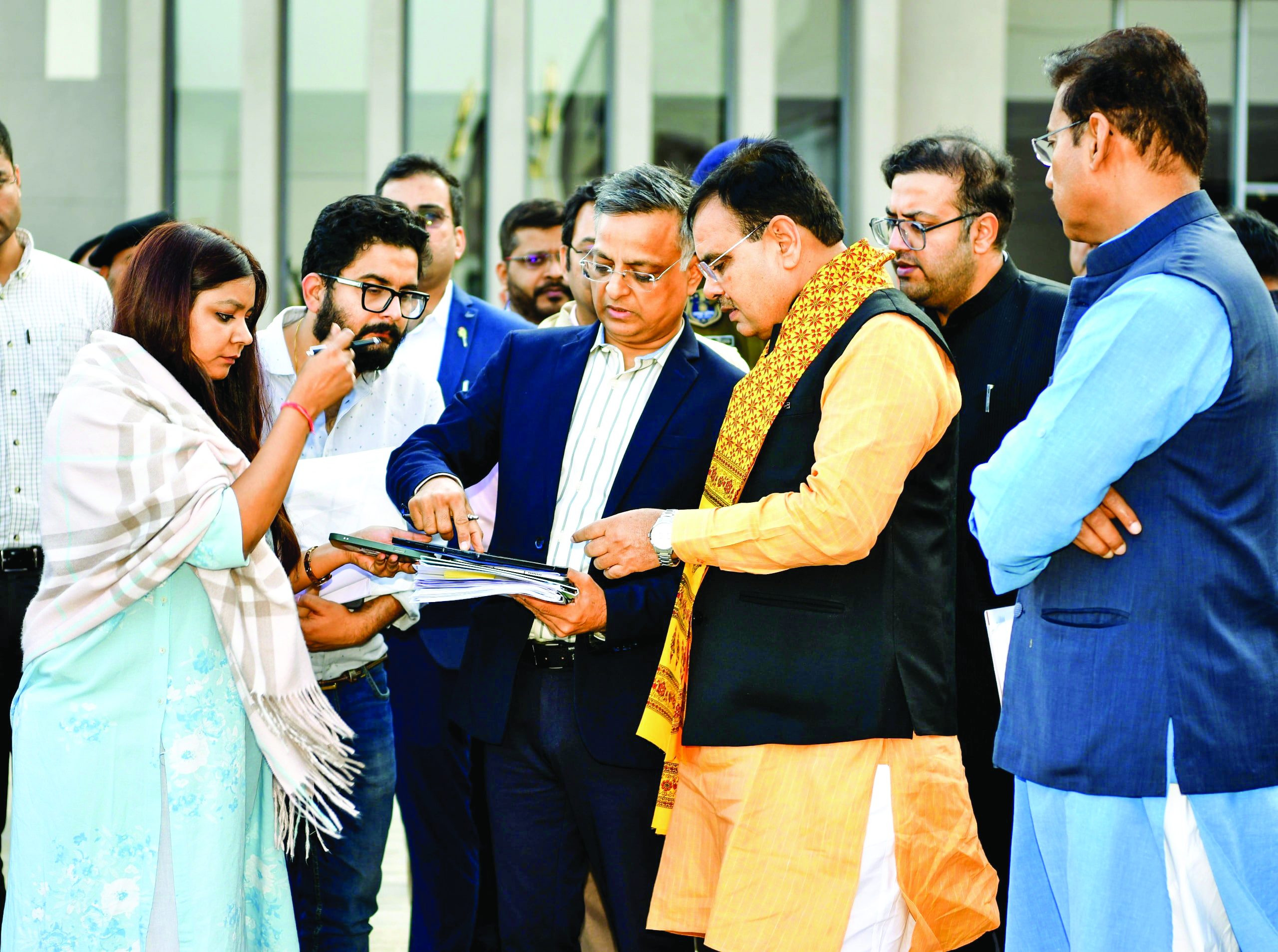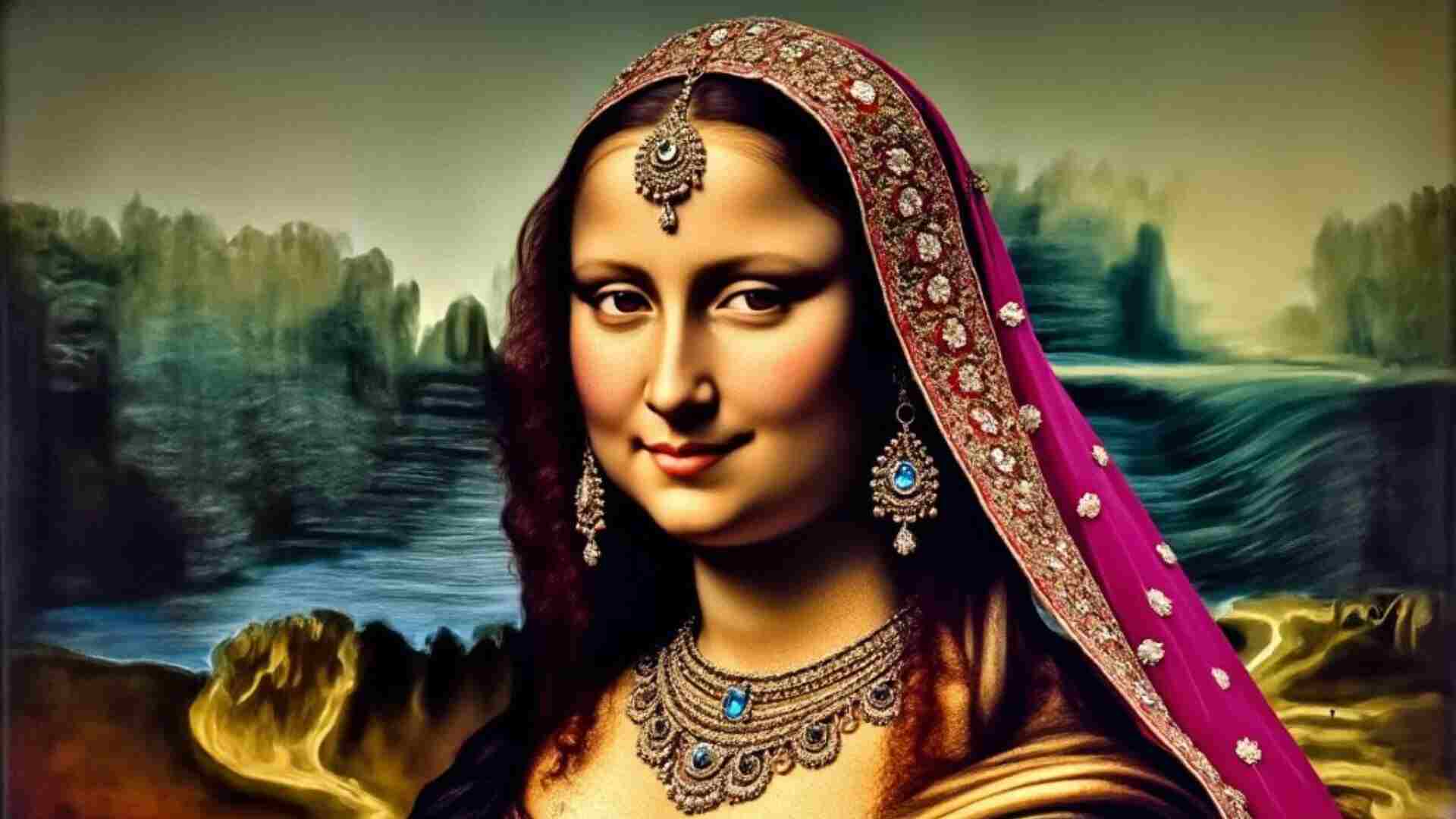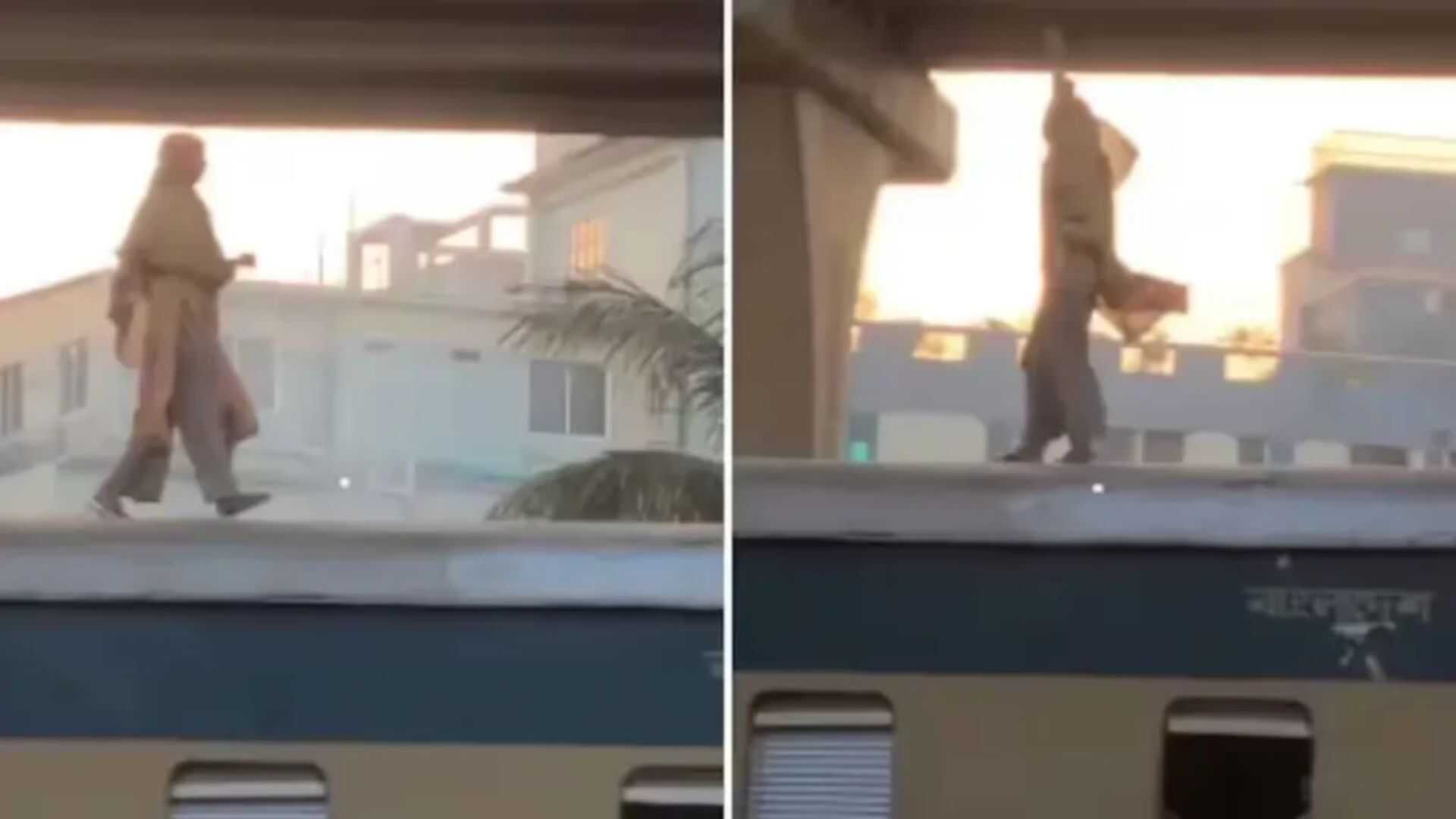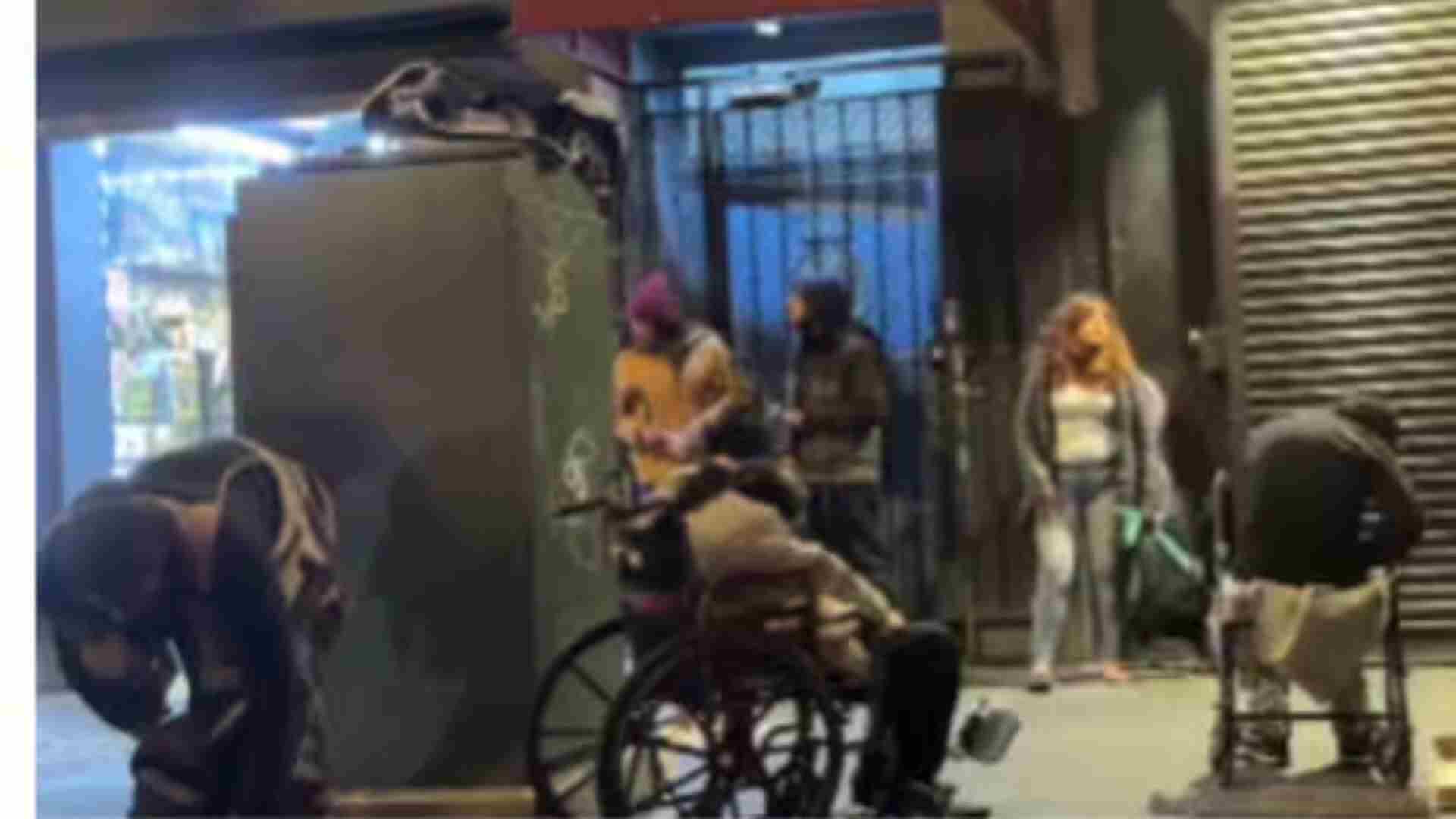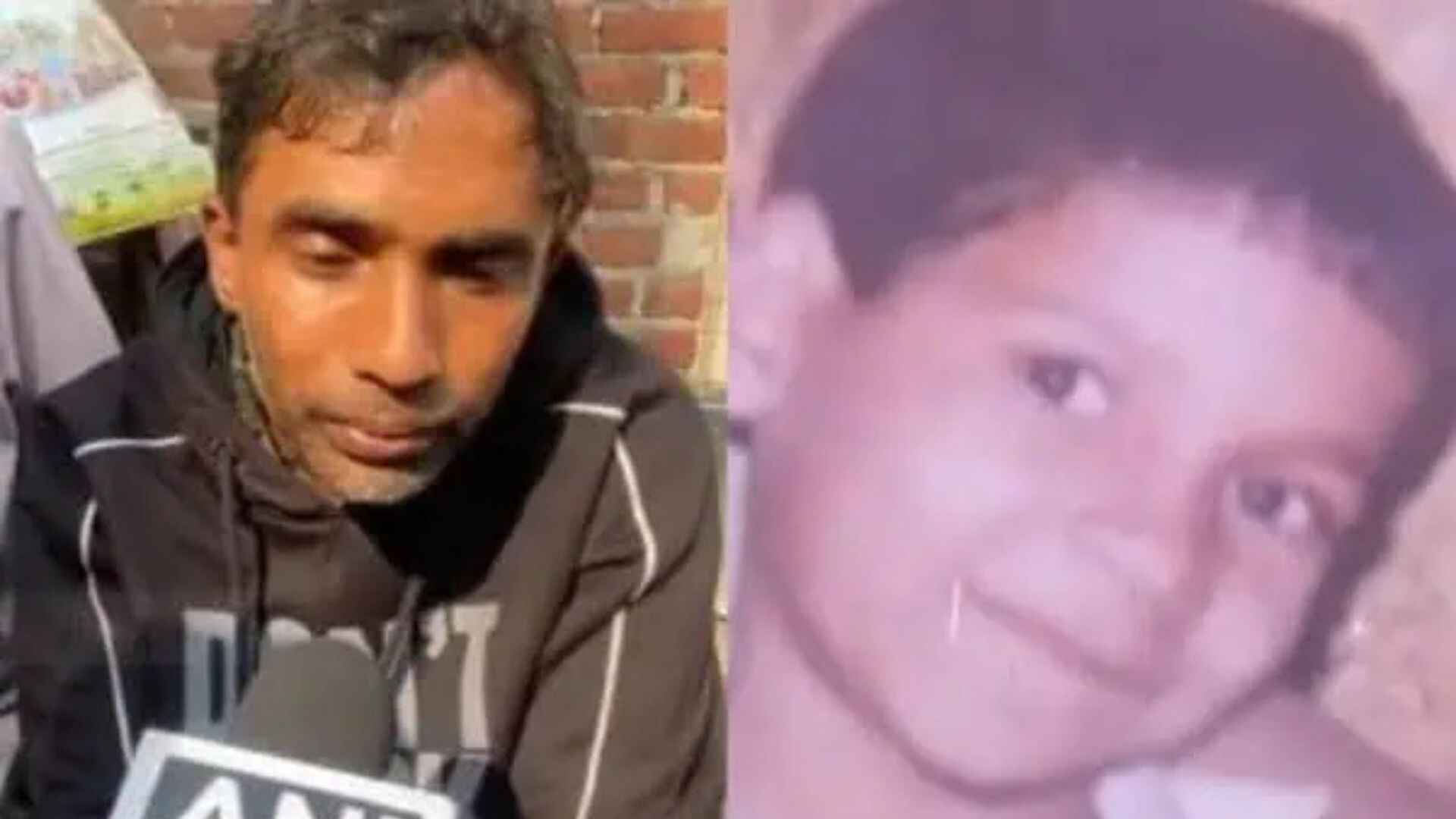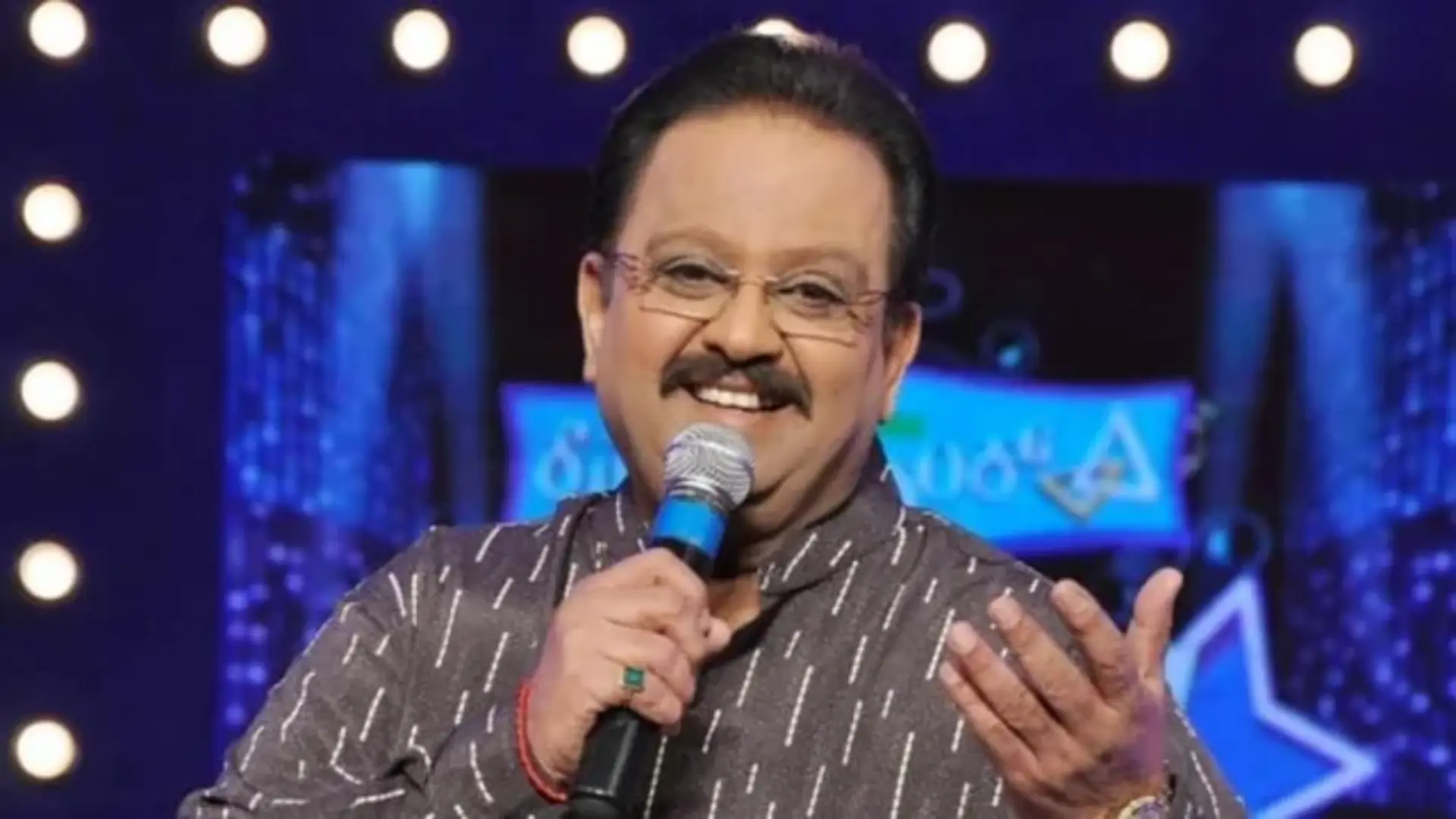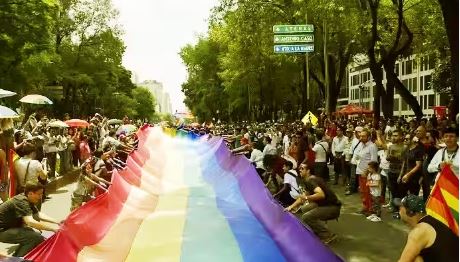
The Centre today once again opposed the Supreme Court’s hearing of claims for legal approval of same-sex weddings, stating that only the Parliament may decide whether to establish a new social relationship.
Hearings on petitions for same-sex marriage have concluded for the day.
The first day of the same-sex marriage case hearing has come to a close. Constitution bench is scheduled to re-assemble tomorrow. For the day, the bench rises.
The Supreme Court started hearing arguments on a series of petitions on Tuesday that seek to have same-sex marriages recognised legally. This is a contentious issue with broad cultural implications.
The case is being heard by a five-judge Constitution bench comprising Chief Justice D Y Chandrachud and Justices S K Kaul, S R Bhat, Hima Kohli, and P S Narasimha.
SG Tushar Mehta represents the Centre while Senior Advocate Mukul Rohatgi represents the petitioners.
The Centre submits preliminary objections to the Supreme Court hearing, claiming that the parliament is the only constitutional body to take a decision on the creation of a new social relationship.
SG Tushar Mehta informs the Constitution bench that the witnesses don’t speak for the country and that the court must first determine if it is even qualified to hear this case.
Hearings will resume after lunch at 4 o’clock.
The Supreme Court will resume hearings on same-sex marriage petitions at 4 pm after a lunch break.
Let Parliament decide on “same-sex marriages,” says SG Mehta.
The Supreme Court should let Parliament decide on same-sex unions, SG Mehta tells the court.
The Supreme Court agreed to hear on Tuesday a plea filed by the Centre questioning the maintainability of the petitions seeking legal validation of same-sex marriage.
A bench headed by Chief Justice D.Y. Chandrachud took note of the submissions of Solicitor General Tushar Mehta, who mentioned the plea to decide a preliminary issue.
“Yes, it will be listed tomorrow,” the bench also comprising justices P.S. Narasimha and J.B. Pardiwala said.
Terming the petitions seeking legal validation of same-sex marriage as one which reflect an “urban elitist” view for the purpose of social acceptance, the Centre has told the Supreme Court that recognition of marriage is essentially a legislative function which the courts should refrain from deciding. Questioning the maintainability of the petitions, the Centre has said that legal validation for same-sex marriages will cause complete havoc with the delicate balance of personal laws and accepted societal values.
A five-judge Supreme Court constitution bench is scheduled to hear from Tuesday a batch of petitions seeking legal validation of same-sex marriages in the country.
A bench of Chief Justice D.Y. Chandrachud and justices S.K. Kaul, S Ravindra Bhat, P.S. Narasimha and Hima Kohli will hear the petitions which were referred to a larger bench for an authoritative pronouncement on 13 March by the CJI-led bench, saying it is very seminal issue.
The hearing and the consequential outcome will have significant ramifications for the country where common people and political parties hold divergent views on the subject.
The apex court on 25 November last year had sought the Centre’s response to separate pleas moved by two gay couples seeking enforcement of their right to marry and a direction to the authorities concerned to register their marriages under the Special Marriage Act.
Earlier, terming the petitions seeking legal validation of same-sex marriage as one which reflect an “urban elitist” view, the Centre has told the Supreme Court that recognition of marriage is essentially a legislative function which the courts should refrain from deciding.
Questioning the maintainability of the petitions, the Centre said what is presented before this court is a mere urban elitist view for the purpose
